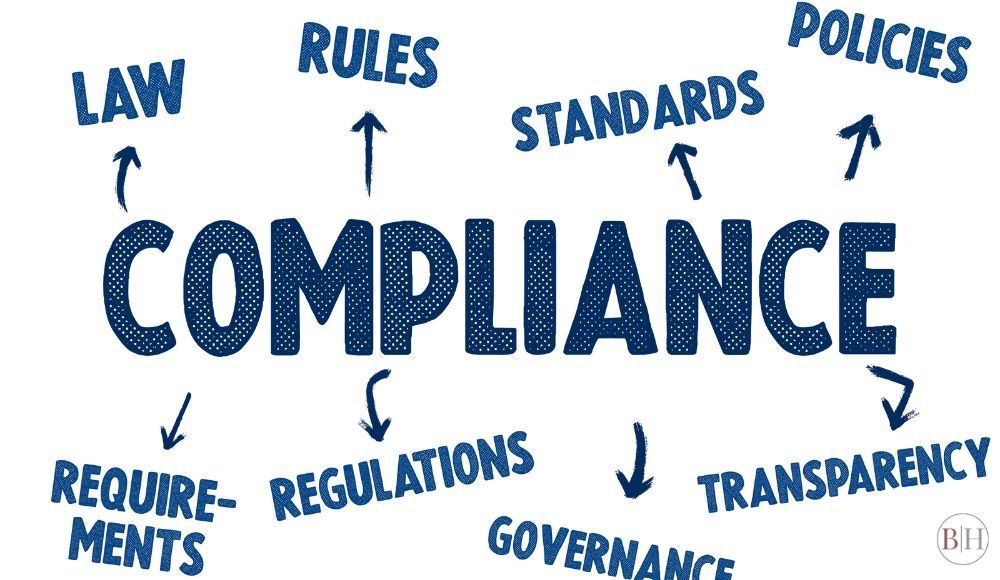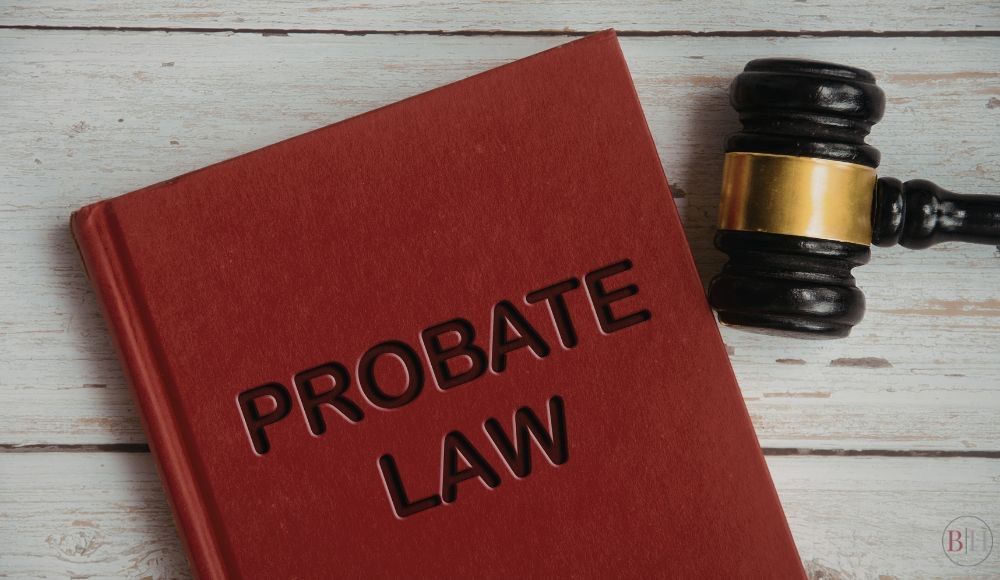As Family Law attorneys, we’re often asked questions about guardianship.
As
Family Law attorneys,
we’re often asked questions about guardianship. What is a guardian? Who needs a guardian, and why? Every person, every family, and every situation is unique.
What is a Legal Guardian?
A legal guardian is someone who has legal authority and responsibility to care for all or some of another person’s (called a ward) personal and property interests. A guardian can make decisions on someone’s behalf when they are unable to do so. Typically, legal guardianship is for minors, developmentally disabled adults, and older adults who have become incapacitated.
Different types of guardianship determine how much authority a guardian has and what decisions they can make:
• Full guardianship allows the guardian to make all decisions on behalf of the ward.
• Limited guardianship allows the guardian to make certain decisions.
• Co-Guardianship allows two guardians to make all or certain decisions on behalf of the ward.
• Short Term Guardianships allow guardians to make decisions for a period of time during emergency situations until the ward can make his or her own decisions.
• Guardian ad Litem is a guardian that is appointed by the court to represent the best interest of the ward during legal proceedings.
Here are some of the decisions a legal guardian may be able to make on behalf of the ward:
• Financial decisions
• Medical Care
• Where the person will live
• Where the ward will go to school
A guardian can be selected by an individual, such as the ward’s parents, or the court. In most states, anyone who is 18 years or older can become a guardian.
Who Needs a Legal Guardian, and Why?
Minors of Deceased Parents
Typically, a parent or parents have natural guardianship over their biological children who are under 18 years of age. And, usually, once that child turns 18, that natural guardianship is done, and he or she can make legal decisions on their own behalf.
However, if both parents of a minor are deceased, someone else needs to be designated as a guardian. The parents can plan who that guardian will be in their estate plan. If the parents have not designated a guardian in advance, the court will appoint a guardian, which can cause complications.
• The court-appointed guardian may not be the person the parents would want to take care of their children.
• If a parent has not appointed a guardian, family members could end up in a legal battle over who cares for the child, causing more stress for the children and possibly destroying family relationships.
• There are legal costs associated with guardianship proceedings.
• A court-appointed guardian will be required to seek court approval for many actions and submit detailed yearly reports until the child turns 18.
• Once that child becomes 18, he or she receives any estate that remains whether or not he or she is mature enough to handle it.
You can avoid all this by designating a guardian in your will, set up a trust for him or her, so they receive the balance of the estate at an age they are more prepared for it and name a trustee to manage the estate until that time.
A Child With Cognitive Disabilities
As we said earlier, parents have guardianship of a child until he or she turns 18. That includes children with cognitive disabilities. If you have concerns about your child’s ability to care for themselves or make good decisions for themselves, you can petition the court to be the child’s guardian and name a successor guardian after you die or are no longer capable of caring for the child.
Aging Adults With Decreased Cognitive Function
According to
the World Health Organization, approximately 50 million people have dementia, and there are nearly 10 million new cases every year. It defines dementia as “a syndrome in which there is deterioration in memory, thinking, behavior, and the ability to perform everyday activities.”
Often, a person with dementia is unable to make rational or informed decisions for themselves or even care for themselves properly. If that person refuses assistance or care, it can be dangerous.
If you are concerned about an aging parent or loved one’s ability to make rational decisions, legal guardianship gives you the legal right to make decisions for them.
What is Your Next Step?
The experienced Family Law and Elder Law Attorneys At Bingaman Hess can help ensure that you and your loved ones are taken care of no matter what happens. Give us a call at
610.374.8377
or
find us online.










